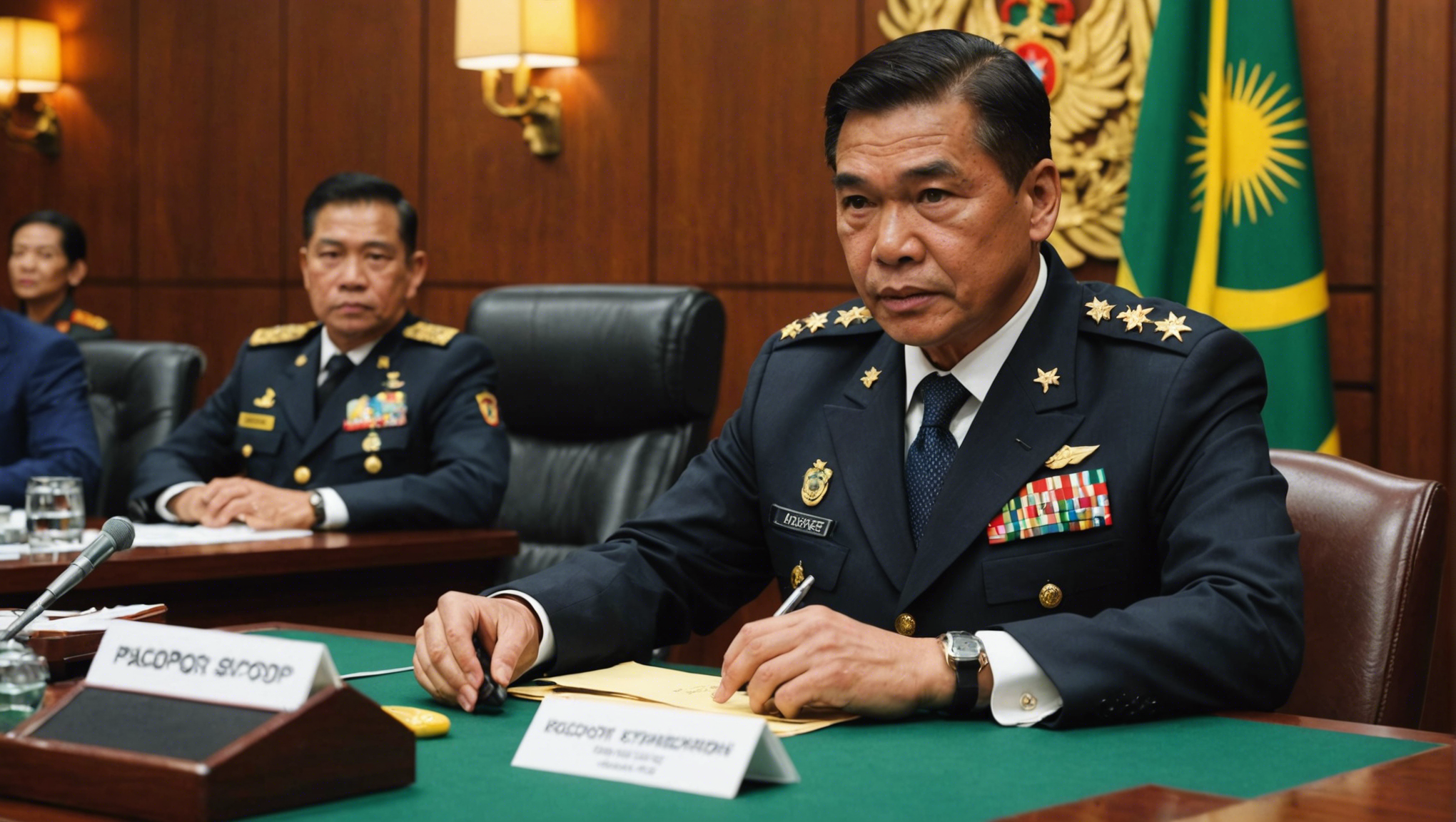Is PAGCOR covering up the real threat to national security by blaming unlicensed IGLs?
In the shadows of the gaming industry lies a murky tale of deception and diversion. As PAGCOR points fingers at unlicensed IGLs, are they merely diverting attention from a more ominous threat to national security? Join me on a journey to uncover the truth behind the smoke and mirrors of this high-stakes game of deception.
PAGCOR’s Role and Allegations
In the murky waters of national security, the Philippine Amusement and Gaming Corporation (PAGCOR) has recently found itself under scrutiny. This government body, tasked with regulating the gaming industry in the Philippines, has been vocal in its stance that unlicensed Internet Gaming Licensees (IGLs) are diverting attention from true national threats. But could this be a smokescreen to veil more pressing dangers?
Unveiling the Real Threats
Alien hacking and scam syndicates have been identified by PAGCOR as the genuine menace to national security. According to PAGCOR Chairman and CEO, Alejandro H. Tengco, these underground operations are the real adversaries. “These criminal syndicates are not engaged in offshore gaming at all, and even if they are, they are doing it illegally,” he emphasized. Despite these assurances, critics argue that this focus on unlicensed IGLs might be deflecting attention away from more serious concerns.
Economic Contributions versus Security Risks
Legitimate licensed operators, previously recognized as POGOs (Philippine Offshore Gaming Operators), now rebranded as IGLs, have been under PAGCOR’s close surveillance. These operators have significantly contributed to government coffers, with gross revenues amounting to Php5 billion (approximately USD 85 million) in 2023 alone. However, the question remains whether this economic boon justifies the potential security risks associated with their operations.
PAGCOR’s Monitoring Mechanisms
In response to security concerns, PAGCOR has ramped up its monitoring efforts. Dedicated teams are now embedded in physical venues of all licensed gaming operators, ensuring strict compliance with their licensing terms. Violations are met with fines and, in severe cases, revocation of licenses. While this may seem like a robust approach, it raises questions about the sufficiency and effectiveness of these measures.
Public Involvement and Community Responsibility
PAGCOR has also urged the public to report any suspicious activities within their communities. Criminal syndicates, known to be armed and dangerous, pose a significant threat and PAGCOR has stressed the importance of public vigilance. This call to action, while necessary, also underscores the limitations of governmental monitoring and emphasizes the need for a collaborative effort between authorities and the public.
High-Profile Raids and Ongoing Operations
Recent operations have cast a spotlight on the high stakes involved. Notably, the raid on Lucky South 99 in Angeles City, which saw the arrest of 187 individuals from what was described as “the biggest facility in Pampanga.” This facility, sprawling over 46 buildings and featuring a golf course, illustrates the scale at which some of these unlicensed operations are functioning.
Examining PAGCOR’s Strategy
While PAGCOR maintains that targeting unlicensed IGLs is crucial, there’s an ongoing debate on whether this approach detracts from addressing the more critical issues of cybercrime and underground syndicates. The Presidential Anti-Organized Crime Commission (PAOCC) revealed that many former POGOs continue to operate illegally even after their licenses have been cancelled, adding another layer of complexity to the situation.
Summary
In unpacking PAGCOR’s stance, one is left to ponder whether their focus on unlicensed IGLs is indeed in the nation’s best interest or merely a diversion from more sinister threats lurking beneath the surface. Balancing economic benefits with national security remains a delicate and contentious endeavor for the Philippines.
Source: www.asgam.com







